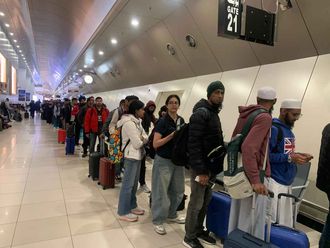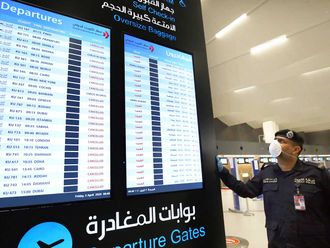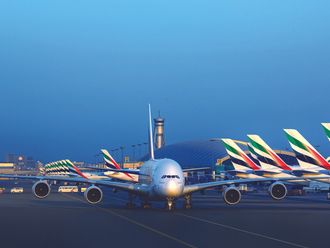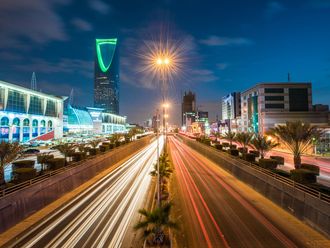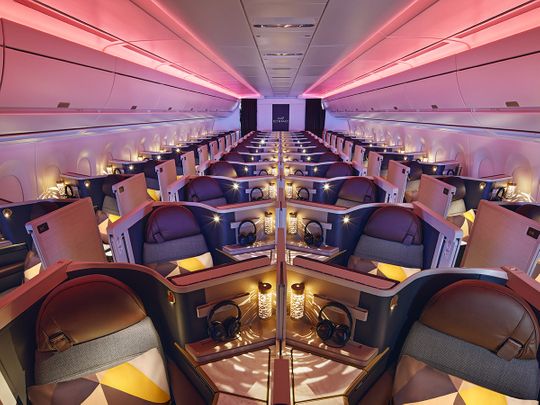
Dubai: Etihad Airways is rapidly ushering in a new era in sustainability aviation. All one needs to see it is a short walk down the aisle of the new Airbus A350-1000 that flew from Abu Dhabi to Paris on Thursday (March 31) morning.
The subtle changes in the cabin – deftly done while the industry acclimatised itself to serving passengers in the aftermath of COVID-19 – are hand-in-hand with the significant leap the Abu Dhabi-based carrier has taken in its green goals.
With a better seat load factor, the aircraft is more economical, and consumes 25 per cent less fuel compared to its predecessors.
But that alone is not what sets the plane apart. It’s the beginning of a greater push towards sustainability flying – the airline has five A350-1000 in its fleet, and 12 may join soon.
“Shutting airlines down because of the pandemic is easy. Getting them back up is tough, it’s a step-by-step process,” Terry Daly, Executive Director Guest Experience, Brand and Marketing, told Gulf News.
“But we took it in our stride. COVID-19 was a good time to rethink what we wanted to offer to our passengers, to refurbish the planes’ interiors, such as upholstery and panels, and be prepared once services resume in full strength.”
One look around the new plane, and you know it’s a job well done. The Business class seats are enabled with wireless charging, just like we have in the latest cars. (No need to borrow charging cables any longer...)
The seats also have a shoulder strap seat belt, like those seen in automobiles. Three hidden panels with adequate storage space means less clutter on the seat.
Return to profit
The airline, which sharply cut its losses in 2021, is likely to return to profit in 2023, said Daly, who joined the airline in March 2020, just a few days before the Covid-triggered lockdowns struck. Etihad recorded a sharp drop in losses in 2021 at $476 million compared to a loss of $1.70 billion in the year-ago period.

We will resume many of the services and start new ones this year. Passenger demand is already growing, and we hope it will multiply further in the coming quarters
Healthy competition
The UAE may be home to several full-service budget carriers, but there’s space for everyone.
“I don’t see any consolidation happening. Everyone has their own space,” Daly said when asked if the country has too many airlines operating out of it.
“The airlines cater to different cities. The smaller carriers link to cities that the larger ones don’t, and vice-versa. They create a new market for the UAE airlines and help serve the country as a hub for travellers across the world. Smaller carriers have opened up routes that UAE didn’t have earlier.”
Masks will remain for some time
While governments and airports across the world are easing COVID-19-triggered restrictions, it will take some time for travel to be exactly the way it was before the pandemic.
“PCR tests have almost been done away with. More and more airlines and governments are easing up. But masks will remain, and it will be mostly out of courtesy to the crew and other passengers,” Daly said.



